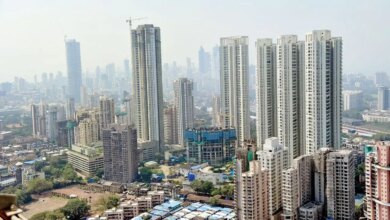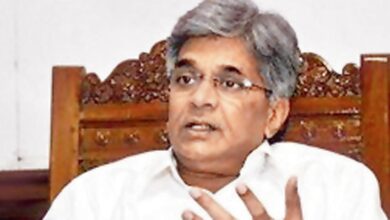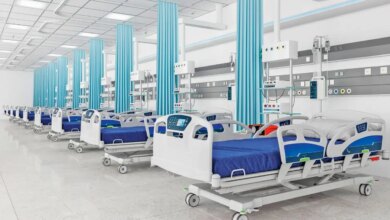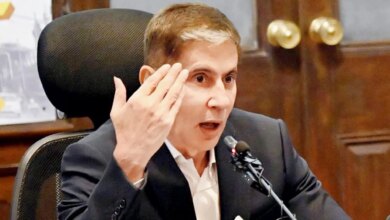BMC eyes revenue boost through land, tax, and policy reforms
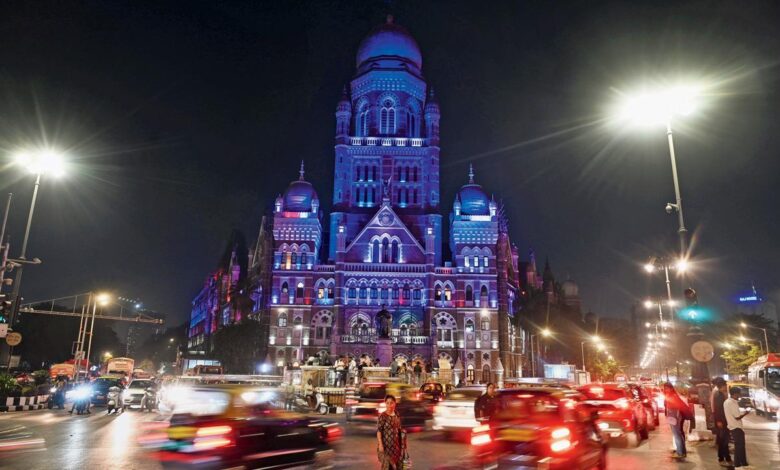
While the Brihanmumbai Municipal Corporation (BMC) is managing projects worth over Rs 2 lakh crore, civic chief Bhushan Gagrani has outlined various strategies to increase revenue in the latest budget estimate.
Additional FSI premium
The BMC had requested the state government to issue a directive ensuring that 50 per cent of the premium for additional Floor Space Index (FSI) is allocated to the civic body. Currently, the premium is equally shared between the BMC, state government, Maharashtra State Road Development Corporation (MSRDC), and the Dharavi Redevelopment Authority (DRA).
“As the DRA has now started operations, we demanded our share,” said Gagrani. The State Government has sanctioned a 50 per cent share of the premium, leading to an additional revenue of Rs 70 crore for the BMC so far. This figure is expected to reach R300 crore in the 2025-26 financial year.
Vacant land tenancy policy
The BMC’s Estate Department has finalised a policy to develop vacant lands and those under VLT for public purposes, allowing conversion into lease wherever possible. This policy will facilitate the development of such lands while generating an estimated R2,000 crore in revenue through a one-time premium and annual ground rent over the next four years. Additionally, BMC will receive revenue from water tax, property tax, and other charges once these plots are developed.
Transport, commercial hubs
The BMC has appointed a contractor to develop a transport and commercial hub at Dahisar Octroi Naka. Similar projects are being planned in Mankhurd, Airoli, and Mulund to generate additional revenue. At Dahisar, a star-category hotel with 131 rooms, parking for 456 passenger buses, and 1,424 motor vehicles has been proposed. This project will not place any financial burden on BMC but will create a new source of income.
Commercial units in slums
Mumbai has around 2.5 lakh slums, with at least 50,000 (20 per cent) being used for commercial purposes such as shops, godowns, small industries, and hotels. The BMC has decided to levy property tax on these commercial slums, expecting to generate Rs 350 crore in revenue. Additionally, the civic body is considering charging commercial rates for water supply to these establishments in the future.
Hoarding policy
A new hoarding policy is under consideration. The BMC plans to generate revenue through advertisements by offering BMC-owned and other designated sites for advertising via e-tendering and auctions. This will help increase earnings through rent, property tax, and advertisement fees.
Trade licence fees
A proposal to increase renewal fees for trade licences under Section 394 is in progress and will be finalised soon.
Entertainment tax/fee
The current exemption on entertainment tax is valid until September 2026. The BMC is actively engaging with the state government to allow the resumption of tax collection once the exemption period ends.
Pending dues
The BMC is owed a substantial amount by various state government departments for property tax, water supply, and sewage charges. Efforts are being made to recover these dues or adjust them against payments owed by the BMC to the state government. Currently, pending dues amount to R9,750 crore.
Auction of plots on lease
To generate revenue from its land assets, the BMC has decided to auction its plots based on 100 per cent of the Annual Statement of Rates (ASR). The first such auction will be for a plot at the asphalt plant in Worli, which will be leased out for development by private players.
Source link


